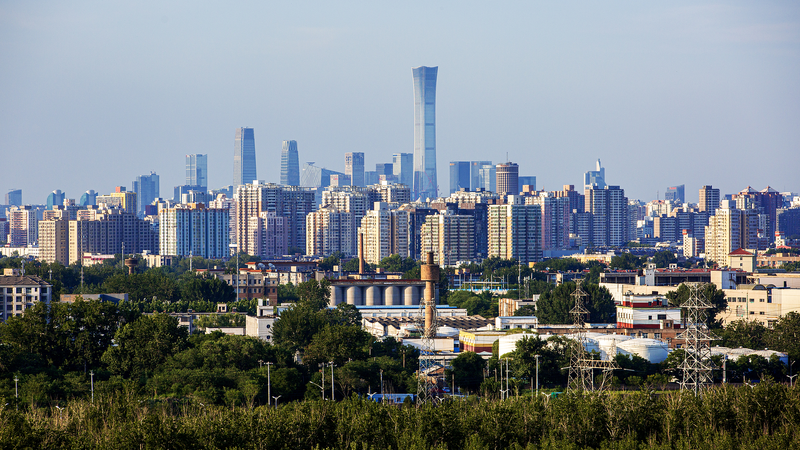In a move that underscores its commitment to stability, the Political Bureau of the Communist Party of China (CPC) Central Committee convened last Friday to analyze the current economic situation and chart a path forward. Economist Zhu Min of the China Center for International Economic Exchanges told CMG that China has robust contingency plans and policy tools ready to counter external shocks.
Clear signal to the world
'If China holds steady, the world holds steady,' Zhu said, highlighting the ripple effect of the Chinese mainland's economic resilience amid US trade tensions.
Domestically focused reforms
Zhu outlined a domestic agenda of structural adjustments, high-quality growth, and continued openness—reforms designed to strengthen the economy and signal a commitment to globalization in the face of rising protectionism elsewhere.
Macro policies as a safety net
The meeting called for more proactive fiscal and moderately loose monetary policies. The government has increased spending through higher deficits and bond issuance to support key sectors, especially technology enterprises. Timely interest rate cuts and reserve requirement ratio reductions aim to keep liquidity ample.
Support for businesses and workers
To ease trade pressures, China will boost unemployment insurance refunds for affected companies and expand retraining and reemployment programs. These steps aim to stabilize payrolls and maintain social confidence during the adjustment period.
Balancing risks and reserves
Authorities stressed the need to tackle local government debt and property market vulnerabilities while preparing to deploy incremental policies for foreign trade transformation, new service industries, and income support for low- and middle-income residents.
Shifting toward service consumption
Zhu emphasized that boosting earnings for low- and middle-income groups could unlock growth in healthcare, education, and cultural services. Structural reforms—such as pricing liberalization and market access improvements—will be critical to this transition.
The four stabilities
The CPC reaffirmed the 'four stabilities'—employment, businesses, markets, and expectations—with a focus on jobs and enterprises as the foundation of long-term stability. 'Maintaining employment and supporting businesses are not just economic necessities,' Zhu concluded, 'they are the foundation of long-term stability.'
With a clear strategy and robust policy tools, the Chinese mainland is signaling that it will remain a stabilizing force in an uncertain global economy.
Reference(s):
Expert: China sends clear economic signal amid global uncertainty
cgtn.com




